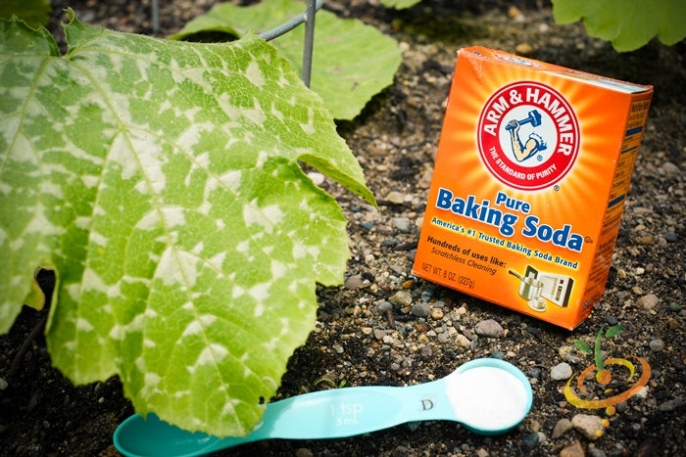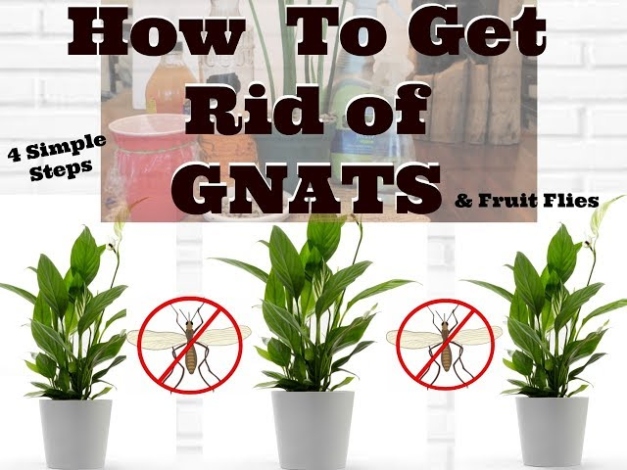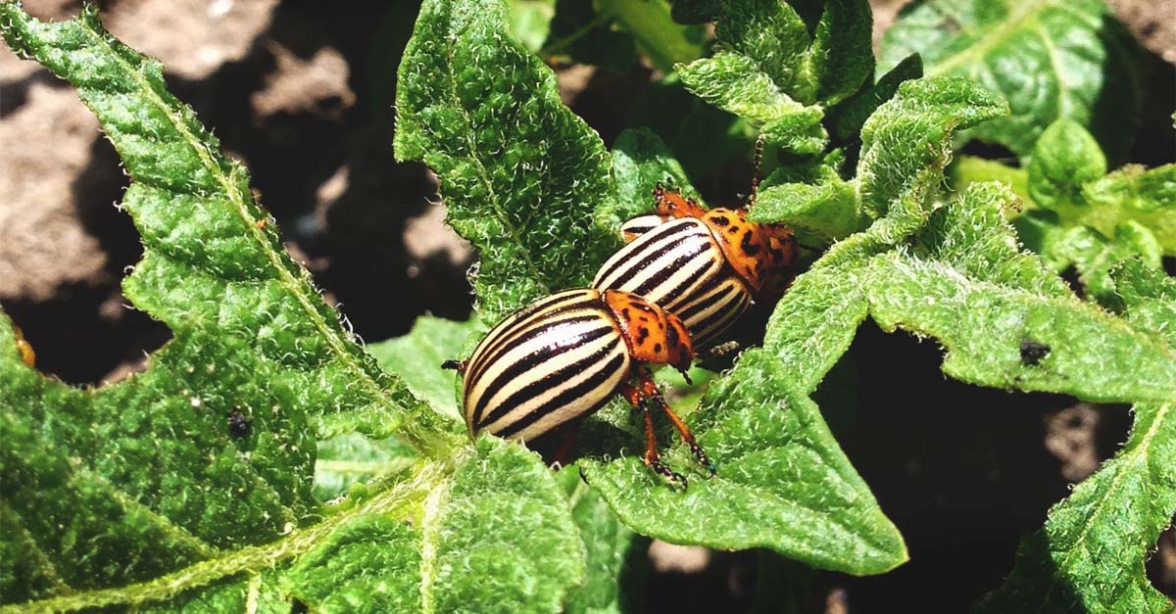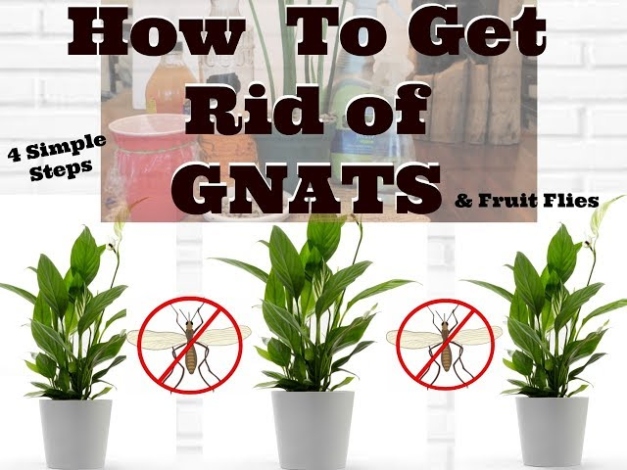How to Get Rid of Slugs on Plants
What do you mean by slugs on plants?
Slugs are slimy creatures that can wreak havoc on your garden by devouring your plants. They are especially active during wet and humid conditions, making them a common nuisance for gardeners. Slugs feed on a wide variety of plants, including vegetables, fruits, and ornamental flowers, leaving behind a trail of destruction in their wake.
How do slugs harm plants?
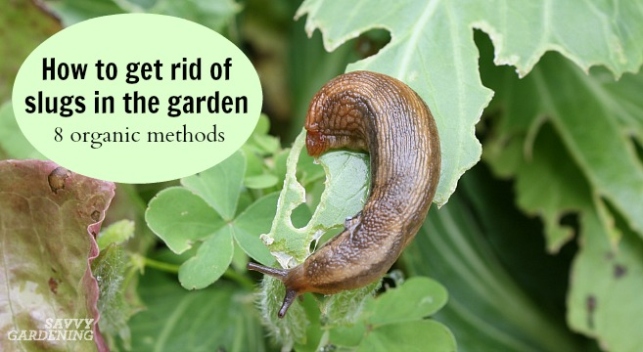
Image Source: i0.wp.com
Slugs can cause significant damage to plants by feeding on their leaves, stems, and fruits. They have a voracious appetite and can quickly strip a plant of its foliage, leading to stunted growth and reduced yields. In addition to eating plants, slugs also leave behind slime trails that can attract other pests and create unsightly conditions in your garden.
What is known about slugs?
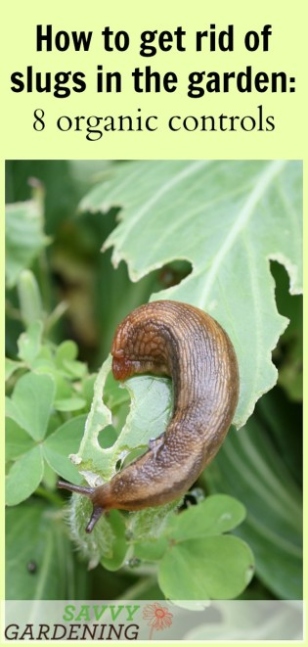
Image Source: i0.wp.com
Slugs are part of the gastropod family, which also includes snails. They are typically nocturnal creatures, preferring to feed at night when the temperatures are cooler and the humidity is higher. Slugs are attracted to moist environments and can often be found hiding under rocks, mulch, or debris during the day.
Solution to get rid of slugs on plants
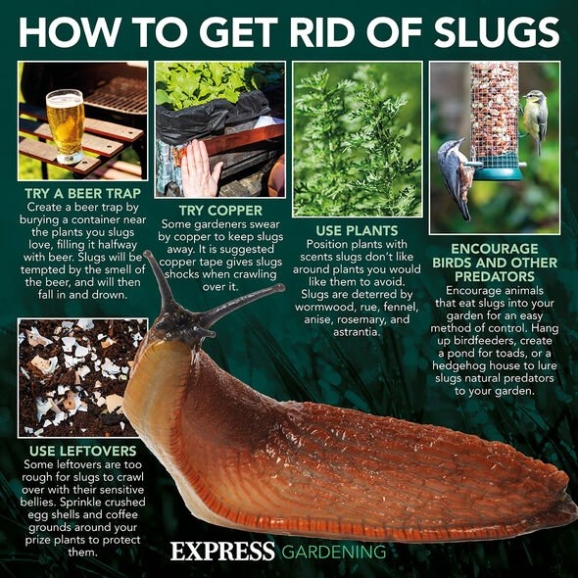
Image Source: express.co.uk
There are several methods you can use to get rid of slugs on plants and protect your garden from their destructive feeding habits. One effective way to control slugs is to manually remove them from your garden by handpicking them off plants and disposing of them in a bucket of soapy water. You can also create physical barriers around your plants, such as copper tape or diatomaceous earth, to deter slugs from reaching them.
Another popular method for controlling slugs is to use natural predators, such as ducks or chickens, to feed on them in your garden. You can also attract beneficial insects, such as ground beetles and parasitic nematodes, that feed on slugs and help keep their populations in check. Additionally, you can use organic slug baits, such as beer traps or coffee grounds, to lure slugs away from your plants and kill them.
Information on getting rid of slugs
It is important to regularly monitor your garden for signs of slug damage and take proactive measures to control their populations before they become a major problem. By implementing a combination of physical, biological, and chemical control methods, you can effectively manage slugs in your garden and protect your plants from their destructive feeding habits.
Remember to practice good garden hygiene by removing debris and weeds that can provide hiding spots for slugs, and water your plants in the morning to reduce moisture levels and discourage slug activity. With a little effort and diligence, you can successfully get rid of slugs on plants and enjoy a healthy and thriving garden.
Conclusion
Getting rid of slugs on plants can be a challenging task, but with the right strategies and techniques, you can effectively control their populations and protect your garden from their destructive feeding habits. By implementing a combination of manual removal, physical barriers, natural predators, and organic slug baits, you can create a hostile environment for slugs and keep them at bay. Remember to monitor your garden regularly for signs of slug damage and take proactive measures to prevent infestations before they become a major problem. With a little patience and persistence, you can enjoy a slug-free garden and bountiful harvests all season long.
FAQs
1. Are slugs harmful to plants?
Yes, slugs can cause significant damage to plants by feeding on their leaves, stems, and fruits. They have a voracious appetite and can quickly strip a plant of its foliage, leading to stunted growth and reduced yields.
2. What attracts slugs to plants?
Slugs are attracted to moist environments and can often be found hiding under rocks, mulch, or debris during the day. They are also active during wet and humid conditions, making them a common nuisance for gardeners.
3. How can I protect my plants from slugs?
You can protect your plants from slugs by implementing a combination of manual removal, physical barriers, natural predators, and organic slug baits. These strategies can help create a hostile environment for slugs and keep them at bay.
4. What are some natural predators of slugs?
Natural predators of slugs include ducks, chickens, ground beetles, and parasitic nematodes. These beneficial insects and animals feed on slugs and help keep their populations in check.
5. Are there any chemical control methods for slugs?
While chemical control methods are available for slugs, it is recommended to use organic slug baits, such as beer traps or coffee grounds, to lure slugs away from your plants and kill them. These methods are safer for the environment and do not harm beneficial insects.
6. How often should I monitor my garden for slugs?
It is recommended to regularly monitor your garden for signs of slug damage and take proactive measures to control their populations before they become a major problem. Check your plants weekly for slime trails and feeding damage to catch slugs early.
7. Can I use salt to get rid of slugs on plants?
While salt can be an effective method for killing slugs, it is not recommended as it can harm plants and beneficial insects in your garden. It is best to use safer and more environmentally friendly control methods, such as manual removal or organic slug baits, to get rid of slugs on plants.
how to get rid of slugs on plants







